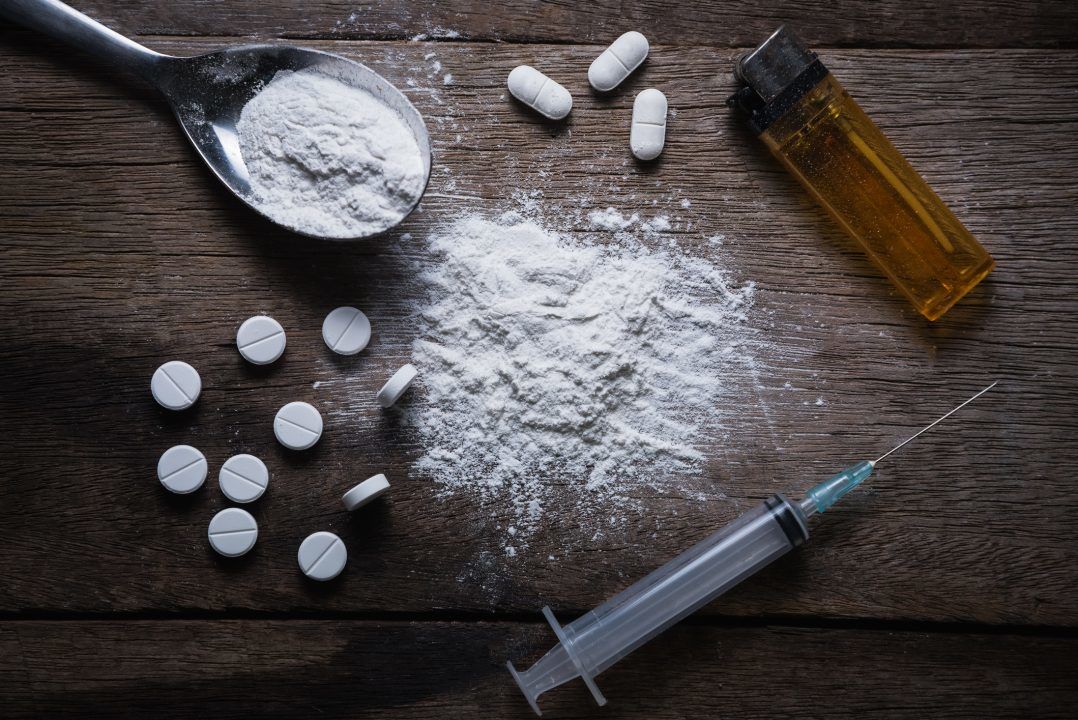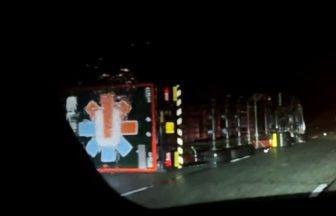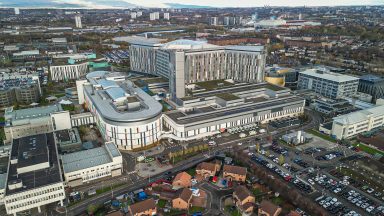Suspected drug deaths in Scotland have risen by 15% over the last quarter amid the emergence of new illegal substances, according to the latest quarterly RADAR report.
The figures, published by Public Health Scotland, show an increased level of drug-related harm across the country compared to the previous quarter.
Naloxone administration incidents rose by 45% and emergency department attendances related to drug use increased by 19%.
During the period between March and May, suspected drug deaths were 15% higher than the first quarter and 7% more than the same period in 2024.
The PHS believes the findings highlight the “persistently high levels of drug-related harm in Scotland and the serious impact of a rapidly evolving, toxic and unpredictable drug supply”.
Nitazene-type opioids, which were first detected in Scotland in 2022, were present in 6% of all deaths in the first quarter of 2025.
Dr Tara Shivaji, consultant in Public Health Medicine at PHS said: “Our most recent data shows that the unregulated drugs market in Scotland is continuing to have a devastating effect on people who use drugs and their communities.
“The recent trends in increasing drug-related harms are deeply concerning, and it’s vital that the response continues to be prioritised in order to protect lives.
“There are complex reasons for the increase in harms we’re seeing. Scotland has an evolving drug supply, which is often contaminated with toxic substances.
“Most of the harm also involves the use of more than one substance. We urge caution to all people who use drugs – there’s no way of telling which substances may be contaminated or what the combined effects will be.
“Having someone who can help in an emergency is an important harm reduction measure, but there‘s no safe way to take these substances.
“PHS, through RADAR, has worked with a range of partners since March to identify the increase in drug harms, and to help coordinate the system-wide response. It’s imperative that our collective efforts continue and our thanks go to the various organisations and people in frontline and supporting roles who provide us with critical information.”
Director of public health for NHS Dumfries and Galloway, Valerie White, believes the country’s relationship with drugs can change if “deep-rooted” issues are tackled.
Speaking on behalf of the Scottish Directors of Public Health, she said: “The latest RADAR report highlights the continued need for a system-wide approach to preventing drug harms – one that ensures people can access the harm reduction, treatment, care, and recovery support they need, when they need it.
“By tackling the deep-rooted social and health inequalities that drive drug-related harm, we believe that Scotland’s relationship with drugs can change.
“To address these inequalities, a coordinated, multiagency response from more than drug services is required. Sectors such as housing, education, and welfare all play hugely important roles in tackling drug harms as part of a public health approach.”
Follow STV News on WhatsApp
Scan the QR code on your mobile device for all the latest news from around the country


 iStock
iStock

























